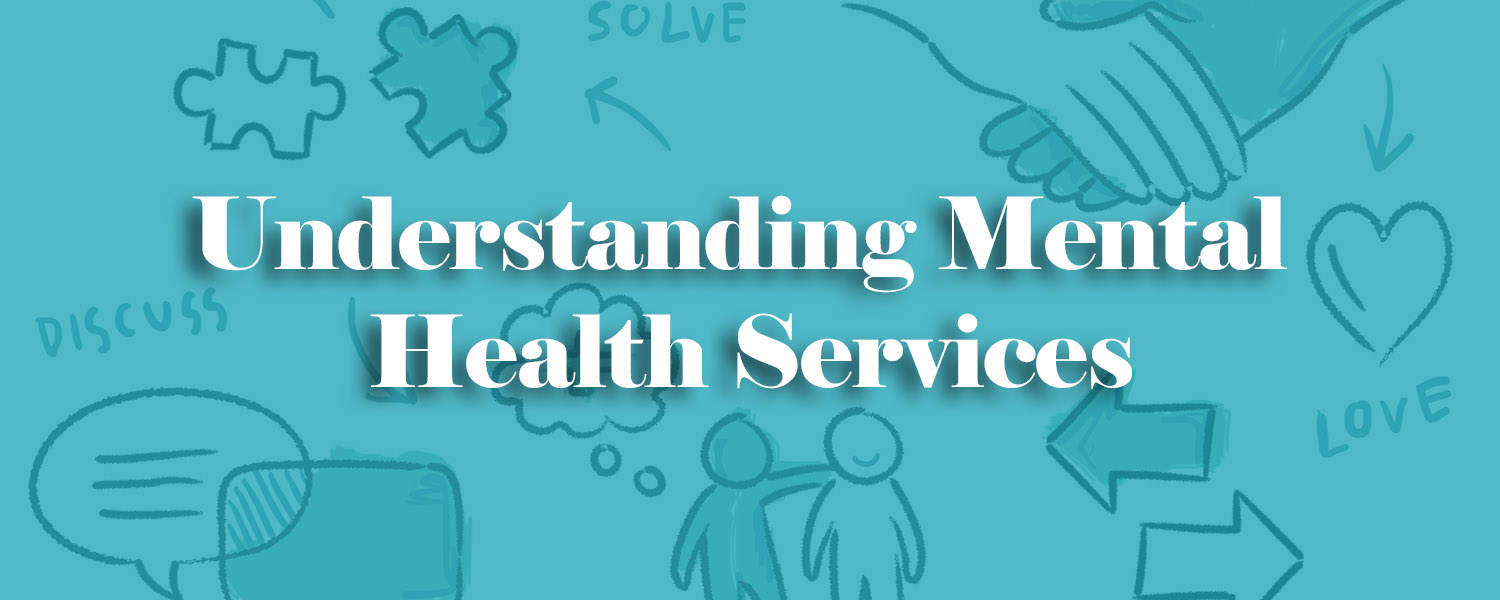
Making the Most of Clinical Meetings
Clinical services should involve relatives/close friends as key members of the care team. This includes inviting them to clinical meetings, which include Care Programme Approach meetings, individual meetings with psychiatrists, ward rounds, reviews and home visits.
It is OK to ask questions at these meetings. You know the person best, are well placed to notice signs of relapse or change, and are likely to be supporting their staying well strategies.
You may find that you have lots of questions that you want answers to but somehow you never seem to get the chance to ask them.
This can occur for many reasons. Here are some of the more common concerns that relatives have told us, along with some suggestions to ensure that you do get your questions answered:
Concern: “I never get the opportunity to see anyone to ask my questions.”
Suggestion: You can request a meeting with the Care Coordinator or any member of the care team.
Concern: “In meetings I forget what I wanted to ask.”
Suggestion: Some relatives find it helpful to think through their questions before meetings and write them down.
Concern: “I am not sure who to ask this question of.”
Suggestion: This toolkit will help you to find out more about the roles of the different members of the team. If in doubt, start with the Care Co-ordinator who can then direct you to the most relevant person.
Concern: “I am not sure if I am allowed to ask this question/have this information.”
Suggestion: If you are providing support for someone with a mental health problem then you should be closely involved in the clinical process. You are a key member of the team. You have a right to ask questions. Even if your relative has specifically stated that they do not want you to be involved, then the team should offer you an opportunity to meet separately to be given general information and any support you need.
Many relatives report that they do not get invited to clinical meetings. The Triangle of Care project aims to promote better involvement of carers. This includes assessing your role, what care you feel able and willing to offer, listening to your views, ensuring information is shared with you appropriately, and assessing your own needs. This can be a useful document to refer to if you find yourself needing to ask to be involved.
More information on Triangle of Care document here www.static.carers.org/files/caretriangle-web-5250.pdf
Watch Abtin discuss ensuring your voice is heard


